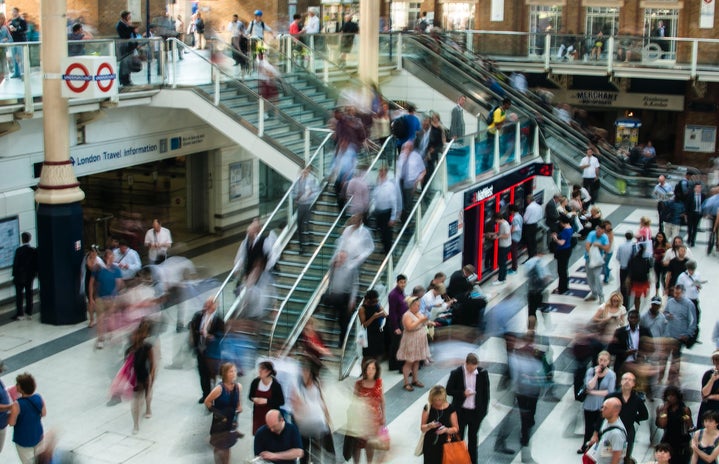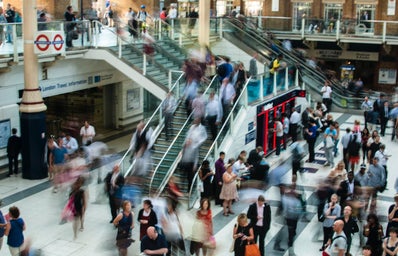I’ve been seeing pictures of people with trolleys full of food and toilet paper on social media and, at first, I did not understand why everyone saw the need to buy so many of such supplies, then someone sent me a circulating voice note on WhatsApp.
The man in the audio was speaking about how the government is not telling people about the actual number of COVID-19 cases in the country and said that there would soon be a shutdown in South Africa and that, as a result, stores would only open once a week. He encouraged people to buy a lot of food, especially canned foods. He claimed that he had gotten this information from someone who works for the government and that government officials were busy buying groceries for their families because they knew that there was going to be a shutdown soon.
After listening to the voice note I understood why people were stocking up on food. Hurriedly, I sent the audio to my parents because I believed the man. A few days later I saw posts on Instagram about the problems panic buying was causing, and how it wasn’t necessary for people to buy groceries that would last for as long as 2 months or more. I read articles which explained how panic buying is harmful to businesses and people who can’t find food supplies when they went to grocery stores. Seeing and reading all those posts and articles made me decide not to forward audios encouraging people to stock up, because I realised that they spread panic and only create more problems. This is one of the articles I read that showed me how panic buying only creates more problems.
Now that schools are closed, there are more people who will be struggling to provide for their families. Those of you who went to a public school, often in townships, could know these people – the vendors who have little tuckshops in schools. Usually women, these people depend on school children to feed their families. They typically sell sweets, chips, snacks and fruit.
These are people who cannot afford to stock up. They have no choice but to go to the store daily/weekly, because sometimes they don’t have money to buy supplies in bulk. This results in them having to wait for the month to end and for many of them, having to wait for a social grant to buy food. When people leave shelves empty, these people don’t find anything to buy when they go to stores, which leaves them in tough positions such as being forced to use the little money they have to catch a taxi to go somewhere else to buy food, if there even is any left. By panic buying people make it difficult for others who are already struggling to feed their families, and thus – survive.
A new term has been created to describe people who panic buy, spread fear, go out when they know that going out could increase the spread of Coronavirus – Covidiot. The definition of this word can be found here.
The above note had been stuck up on a shelf in PnP near my res, which is in Observatory, Cape Town. I think that this was a great idea and that all stores should do this. I saw an article about other big supermarkets around South Africa planning to do the same thing, more can be read about that in the following link.
You may not be a Doctor, a Medical Scientist…or a President, but you can help flatten the curve. Don’t spread fear, don’t hoard/stock up on excessive groceries, don’t be the reason people struggle to get food in shops…don’t be a Covidiot.


